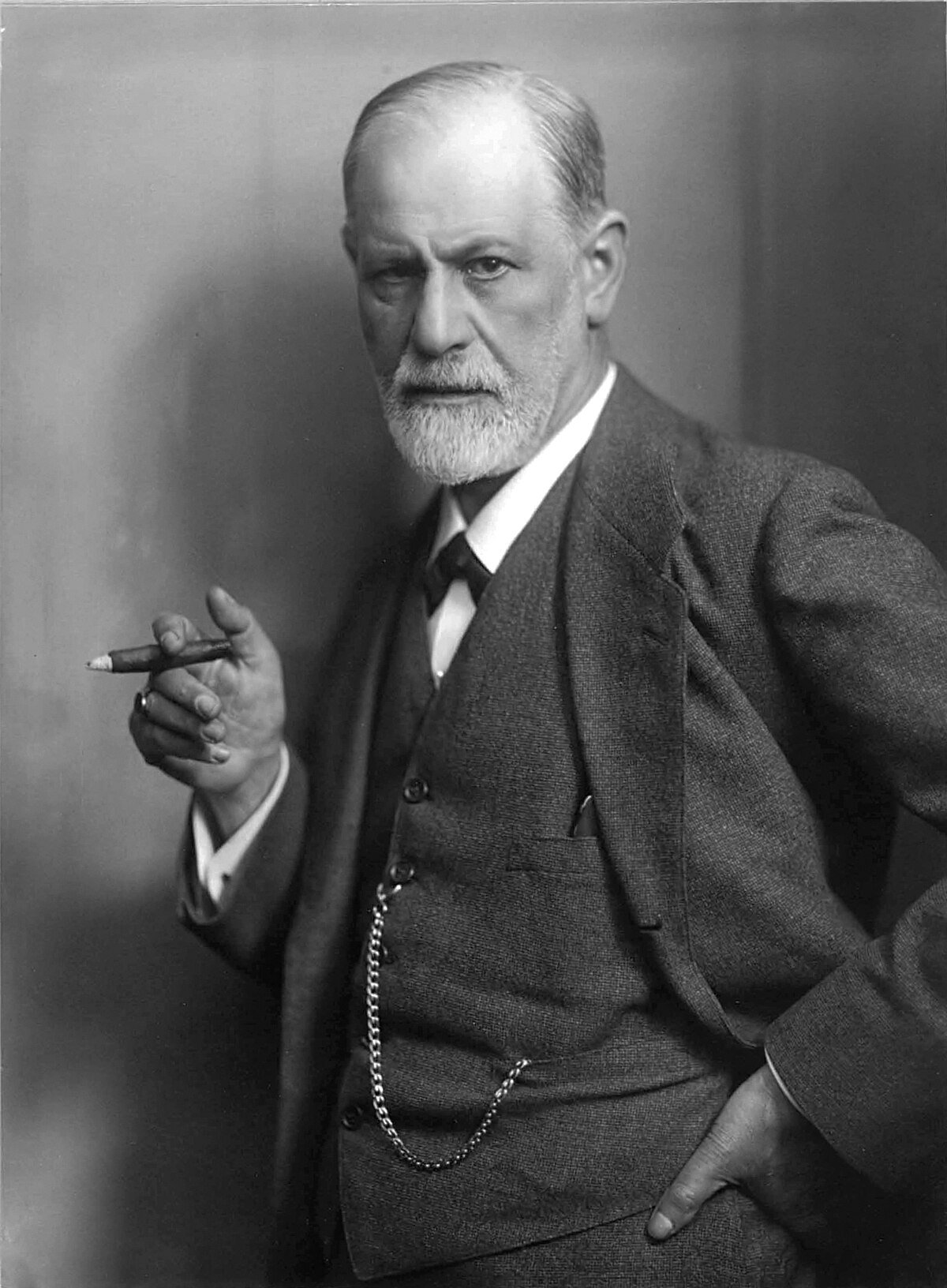CTB 41: Build your ability to Dig Deeper in Competition
/Everyone trains, but in endurance events what really differentiates the winners from those who falter is their mental toughness. No endurance race is a walk on a cloud—in each and every race you will face a low point. You may be low on energy, water, concentration, or maybe you will cramp or have a technical problem. Maybe the weather conditions will suddenly change. But if you have mentally prepared for adversity, you can deal with it effectively, get back on track, and get to that finish line!
You may think some people just have a higher pain threshold, or were born to suffer, but that’s simply not true! Mental toughness and pain tolerance can be trained, and with practice, you can gain control over your emotional responses to challenges. Here we’ll go into some methods for training mental toughness and mastering difficult situations in your races.
Don’t Expect to Do in Competition What You Can’t Do in Training
You can’t do in training what you can’t do in competition—that’s why your training has to be tougher than your race. Of course, we don’t mean all the time, but you do have to consciously create training sessions that will break you down physically and mentally, so you’ll be ready to deal with similar circumstances in a race.
The principle of repetition is an excellent tool here—many repeats of the same drill (i.e. intervals) will cause fatigue similar to a race, especially if they need to be performed at a certain speed or heart rate.
There are many ways to design intervals with increasing degrees of difficulty: use hills and weights, or turn your breaks into cross-training opportunities with push-ups or core work. An element of surprise works well too—the famous triathlon coach Brett Sutton, who trained both an Olympic champion and a multi-time IRONMAN World Champion, used to surprise his athletes with an early morning marathon in the mountains instead of breakfast!
The point is not just to survive the tough training, but to be aware of what is happening in your body and mind when faced with a challenge. What are the conversations in your mind? Do you negotiate with yourself? Do you motivate yourself with performance objectives? Do you tune out the pain or focus on it? An awareness of what’s going on in your head and what’s working for you in training will become an invaluable tool on race day.
Leveraging Tough Conditions
For many of us, one of the toughest challenges in endurance training is the fact that we do an outdoor sport and are therefore subjected to the elements. Varying temperatures, wind, rain, snow, darkness, etc. all provide excellent excuses for postponing or canceling a session.
But how often is race day nice and warm, with blue sky, sunshine, and no wind? Lucky you if it happens, but if not, you have a problem on your hands. We need to train on the bike in strong winds, learn to descend mountain passes in heavy rain, swim in waves, and run in the heat, rain, or snow. When you’re mentally strong, the elements become your friends—this is the beautiful thing about outdoor sports. Training in any weather will give you a huge mental advantage on race day.
Consider the PPPPP (Proper Preparation Prevents Poor Performance) principle. In months of training, you’ll build a mental library of tough situations you managed to overcome. This will help you immediately recognize a challenge when it happens so you can stay calm and address it. This library will serve you when you start feeling tired, when you cramp, and when your body starts to come up with all those good reasons urging you to stop.
Again, be sensible — please do not go crazy and go running in a thunderstorm to get hit by lightning, and please stay indoors if it’s below freezing outside. You don’t want to get back with pneumonia or exercise-induced asthma!
Practice in Daily Life
Our daily life outside of our training can also give us some tough situations to work through. In order to overcome them, we need to be emotionally stable, positively motivated, and mentally focused. In other words, we need to maintain that mentally strong race day mindset. When you have a challenge at work or in your personal life, use the opportunity to apply the same mental approach as you would in training, until positive patterns become second-nature.
Everything in life is interconnected, and if we’re enlightened enough to recognize the relevant patterns, we can use them to our advantage!
Have a Race Day Mantra
You are at the starting line of your big event—what’s going on in your head? Do you visualise racing in control and crossing the finish line smiling? Are you afraid of the unknown challenges ahead? Maybe you feel a little of both, it’s common to feel positively motivated while also being afraid of the race.
I always recommend coming to the starting line prepared, motivated to win (first of all against yourself), and with respect for the race. Respect is important here because it will protect you from taking unnecessary risks, and will help you manage your energy and resources. You will always have a good day if you race with intellect, passion, and heart.
My favourite mantra before the start of any race is “I am here because I am prepared, I love it, and I am willing to win.” Finding your own mantra can help you stay focused on your goals for the day. When things get hard, you can start chanting it to yourself silently (or not), for an extra dose of focus and motivation.
Overcoming Low Points
As mentioned above, in every race you will face a low point at some time. When this moment comes, use the following algorithm:
Acknowledge how you feel and what is happening. There’s no need to dig into the question of “why?”—we don’t need mental research at this point. We simply need recognition of the situation so we can quickly respond.
Navigate the mental minefield. Classify the situation using your mental library of tough situations. Apply the tested tool of dealing with this type of situation. Use visuals, mantras, words, rewards, etc. — whatever proved to work for you in your tough training sessions.
Keep your mind quiet. When it gets tough (really tough), sometimes it’s almost impossible to come up with positive thoughts and visuals. This is the time to try to simply be quiet and wait.
Be patient, because it will take a little while to get back on track. As an example, if you feel tired and it’s a question of energy balance, you’ll need to eat, drink, reduce the pace, and wait until the sugar gets into your bloodstream. Just be patient and stay cool—you will feel better.
When you are back on track, congratulate yourself for overcoming the low point. Enjoy the rest of the race, repeat the mantras and little words to yourself, and do your best to control the chatter of your mind.
Break down the distance ahead of you into small segments and go to the next segment (then to the next one, and so on). Every little step brings you closer to the finish line.
Race with gratitude and know exactly why you are out there—the higher your purpose is, the more energy you will be able to source from your spirit.
We’re All Stronger Than We Think
Once you cross the finish line, you might be euphoric or dissatisfied, feeling post-race blues, or happy dancing. Whatever mood you experience, it will not last long. Several days to a week will pass by and you will get back to your steady-state level of happiness and your usual mood and daily routines.
In the first few days of recovery, make some time to write down (yes, please write down) what happened during the race. What challenges did you face and how did you deal with them? What type of inner chatter and self-rationalising conversations did you come up with? Did you use any mantras or visuals? Did you come up with any special power words? Write it all down while it’s fresh, and save it for the next tough training session and your next race.
Remember, we are all stronger than we think! We can (and should) do things that really scare us from time to time. Come up with a “hairy and audacious goal” for yourself—it should be big and challenging enough to where you aren’t sure you can achieve it. Big discomfort is the area where growth happens—do it right and you will build your confidence and mental strength for races to come.




